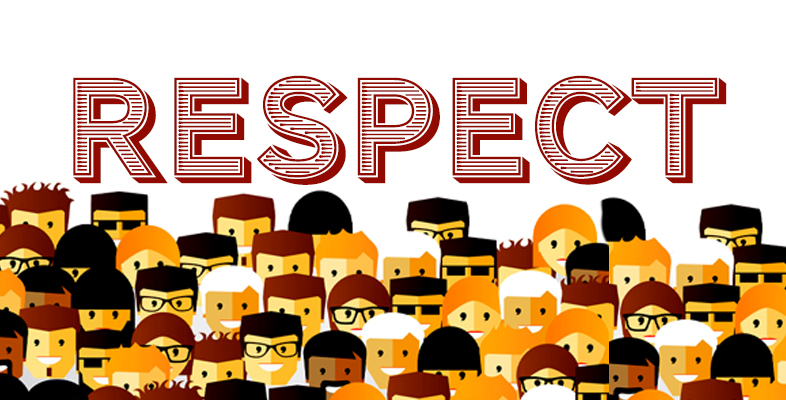1.2 Participatory research
Case study 3.1 Participatory research with girls in Zimbabwe
The Supporting Adolescent Girls’ Education (SAGE) project, in which The Open University is the academic lead, is co-designing an accelerated learning programme and materials, co-supporting community educators and buddy teachers. The community educators facilitate learning sessions for the girls in the Learning Hubs. The buddy teachers form a learning support network with the community educators. The OU is also leading on two participatory research studies which explore the aspirations of out-of-school girls and peer support relationships between community educators and buddy teachers.
The girls will enrol in a two-year programme of accelerated learning in foundational literacy and supporting them in achieving Grade 5 outcomes. On completion of the programme, girls will transition onto clear and supported pathways to further training, income generation or continuation of mainstream education. In addition to improving educational outcomes, SAGE will support adolescent girls having increased self-efficacy and life skills. As a result, the girls and their families will acquire skills and have increased access to financial resources. Through gender sensitisation, communities will adopt more positive gender attitudes and will take action to support and protect girls. The project works with local communities and the Ministry of Primary and Secondary Education in ways that will enable communities to sustain their Learning Hubs after the end of the project, and for these Hubs to be recognised within the mainstream education system.
Activity 1 Imagining stakeholder expectations
Listen to a short audio by two of the researchers leading the SAGE project.
Transcript: SAGE project audio
Thinking about the BERA (2018) set of responsibilities, identify the different stakeholders in this study.
For each stakeholder, imagine what they might expect from the researchers and hence the different obligations the researchers might feel towards them. Drag and drop these to match below.
Using the following two lists, match each numbered item with the correct letter.
-
Stakeholders
-
Funder
-
Partners/co-researchers
-
National government
-
Current participants
-
Future participants
-
The Zimbabwean education system
-
The researchers
-
Other researchers as an academic audience
a.Increased educational participation for the whole population, which can lead to greater workforce capacity and economic success for the population.
b.Reduction of barriers to attending and participating fully in education and training.
c.Increased attendance by girls in schools in ways that can be accommodated by the existing system. This should include advice about what they can continue to do to support this sustainably.
d.Value for money, which might be imagined as evidence of increased attendance by girls in school.
e.Possible stakeholder expectations of researchers
f.Opportunities to get to know the participants and be accepted into the local community. Safety to be afforded to them in local contexts.
g.To be included in all aspects of the decision-making.
h.Continued support in participating in education and training, leading to increased literacy, numeracy and English language skills, so increasing employability.
i.To learn more about the barriers to school participation by girls with a view to understanding how their own research can contribute, without having to replicate the interventions and intrusion on disadvantaged girls’ lives.
- 1 = e
- 2 = h
- 3 = i
- 4 = f
- 5 = c
- 6 = a
- 7 = d
- 8 = b
- 9 = g
Discussion
It is clear that researchers have multiple responsibilities and that these might lead to tensions and competing obligations. Later in this course you will have a chance to think about how to navigate a virtuous path through these obligations.
Dealing with competing accountabilities is something organisational leaders incorporate into their everyday work. They are responsible to the employees in their setting, to their clients, to their shareholders and to the wider associations within which the organisation holds membership.
